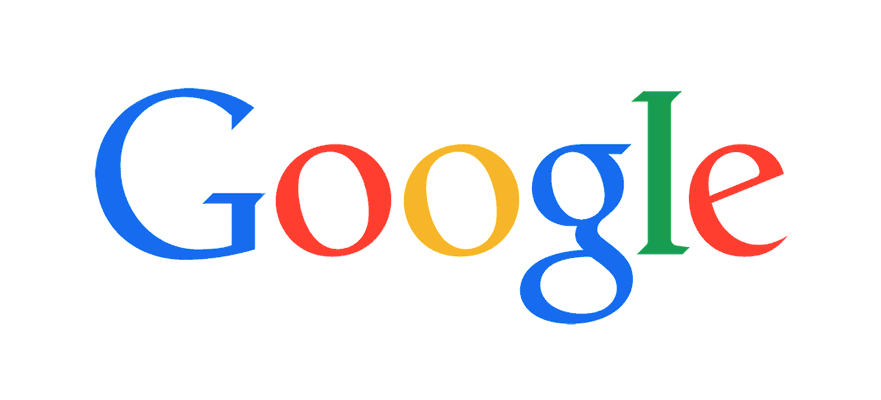
Are Google Search Engine Results Working For Your Brand?
For over 20 years, Google has had an increasingly large impact on the lives of people around the globe at an inconceivable level. Every second, approximately 63,000 searches take place, with people looking for news, information and for somewhere to spend their hard-earned cash.
With an average 5.6 billion searches a day, Google holds a mind-boggling amount of control over what we see, what we buy, and how we buy it. Some do not like to admit it, but if a company is looking to make money online, they quite simply have to utilise Google as an essential tool for their brand.
With a reported 90% share of the market, Google dominates the search engine industry. Its closest competitor Bing takes just a 2% slice of the market in comparison.
The company control approximately 60% of the entire global internet advertising revenue, exploiting users at every turn to make a profit for itself. In 2018, it was reported the company was worth £84.1bn.
But what about the brands that rely on Google’s search results to make money?
A different story emerges when you look into how the mountains of data is used to show Google users what they want to see. Powerful algorithms are used to deliver results, more often than not revealing paid adverts at the top of the SERP (Search Engine Results Page), typically ranking higher than organic search results.
Although Google Ads are a gold mine for the company, their effectiveness for those paying for them varies across different industries. The cost per click on a Google advert can often eat heavily into the promotional budgets, especially when looking at smaller independent companies and startup businesses.
Now that would be okay if you had a budget to play with, not too dissimilar to that of a financial or insurance company; who collectively pay Google a whopping £4bn a year on advertising. However, these industries reap the financial rewards and return, reported as the sector with the best results from PPC advertising. But of course, their products and services are not easily pirated in the same way as music, film and television! Therefore they are not faced with the same challenges.
So how does a small independent or startup record label/film production get noticed without having to spend anything from 18p a click upwards on Google? If the answer was concrete then businesses around the world would be far better off, but there are cheaper ways of getting noticed online – look no further than an organic SERP.
The importance of having an organic first page on Google should not be underestimated.
Due to the variation of words used to search for a music or film release, the SERP will always vary because of the way Google’s keyword searches work. But analysing how users view SERPs, it’s clear to see that in order to get noticed online, a business needs to have the first results page showing an organic result for the release(s) they are trying to attract an audience towards. This is also true for the brand’s overall online customer experience.
Statistics show that around 90% to 94% of users skip paid adverts and head straight to the organic results. The first organic result drives approximately 33% clicks on average and less than 10% on average ever venture further than page one.
So for record labels, artists and filmmakers, kicking out the pirated links and hijacked htmlsites to ensure official htmlsites, social media and genuine retailers is essential business.
Global Content Protection (parent company of AudioLock and VideoLock) recently researched 50 music industry record labels. A healthy 80% of those studied had their official Facebook ranked on page one and within the top ten search results on Google. The next highest ranking position was the official htmlsite of the record label with 74%. Past these results, the numbers start to look less impressive, with 68% of Twitter accounts appearing and only 2% of Instagram accounts. The most surprising result, taking into account an industry wide movement from physical product towards streaming, was that only 6% of the labels official Spotify pages appeared on the first page of Google. When digging deeper and looking at specific label releases, far too often it was seen that pirated and hijacked sites were placing higher than that of official organic html pages.
The easiest way to clear search engine result pages of pirated or hijacked htmlsites is to send the domain hosting the infringing link a DMCA (Digital Millennium Copyright Act) notice. This can be done by any copyright owner and templates are available online.
However, searching for links, sending notices and following these up can be time consuming. Therefore, looking for an anti-piracy company to do the work for you may pay dividends. Especially when the alternative is to pay for adverts online instead.
Regardless of how you get your results clear of unwanted links, visibility online is something that can not be overlooked. Online pirates and competitors are just a click away!
To find out more and get information on how AudioLock can assist Contact Us.
